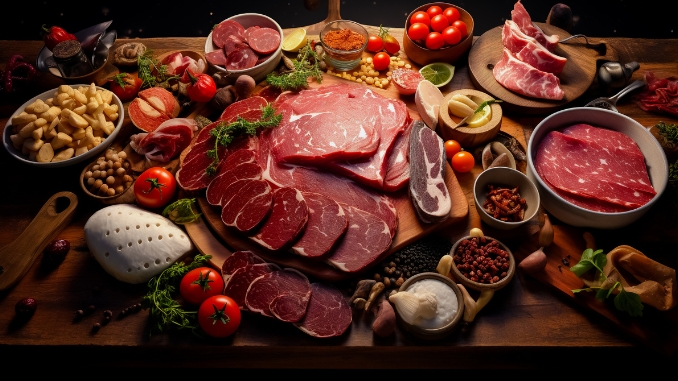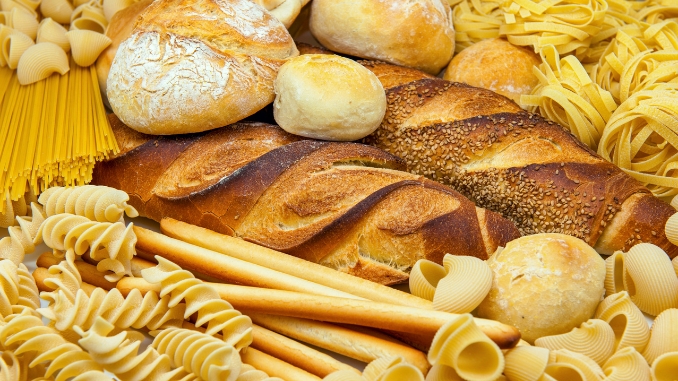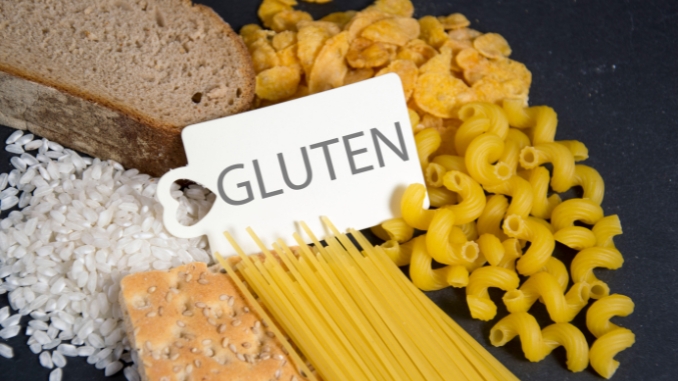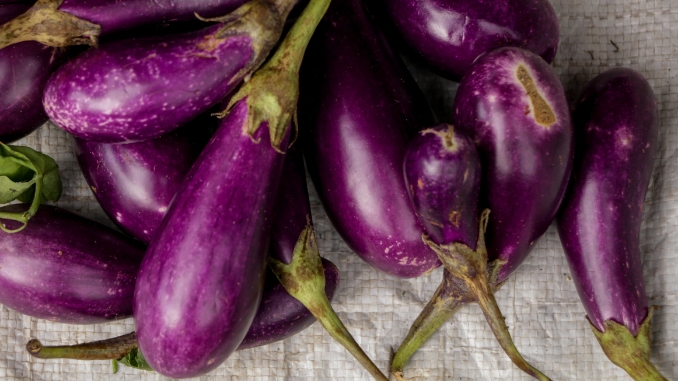Medical Disclaimer: The information in this blog is for educational purposes only and is not intended to replace professional medical advice. The content in this post is not meant to substitute for a professional medical diagnosis, advice, or treatment. Consult your healthcare provider for personalized advice on managing medical conditions or before starting any new treatment options
If you’re struggling with joint pain [¹], your fork might be part of the problem.
While most people blame age, injuries, or even arthritis, few realize that certain foods can actually trigger or worsen joint inflammation — silently fueling discomfort in your knees, hips, and hands.
Whether you’re dealing with rheumatoid arthritis [²], osteoarthritis, or unexplained chronic joint pain, your dietary choices can either help or hurt.
Below is a quick list of the best foods to reduce inflammation and soothe joint pain, followed by the most inflammatory foods to avoid if you want real relief.
The Real Culprits: Foods That Cause Joint Pain
“Many of my patients experience increased symptoms when they consume inflammatory foods, especially those high in saturated fat, trans fats, and refined carbohydrates.”
Here’s a breakdown of foods that cause joint pain and may worsen arthritis symptoms:
1. Fried Foods

Think: fried chicken, French fries, mozzarella sticks.
Loaded with trans fats and advanced glycation end products (AGEs), they trigger inflammation and contribute to arthritis pain and weight gain.
2. Processed and Red Meats

Bacon, hot dogs, sausage, and even that juicy steak…
This foods cause joint pain because processed and red meats are high in saturated fats and certain inflammatory compounds that can worsen arthritis symptoms and are associated with a higher risk of chronic conditions, including cardiovascular diseases and inflammatory arthritis.
3. Refined Carbohydrates

White bread, pasta, pastries, and sugary cereal are all examples.
Refined carbohydrates cause spikes in blood sugar, triggering inflammatory responses that can worsen joint pain over time.
4. Sugary Beverages

Soda, sweetened drinks, and even some salad dressings are high in added sugars, which disrupt the immune system and can worsen symptoms of rheumatoid arthritis.
5. Highly Processed Foods

Fast food, packaged snacks, and microwavable meals often contain a cocktail of preservatives, refined grains, and inflammatory oils that make joint inflammation worse.
6. Salty Foods

Excess sodium from processed foods like chips, canned soups, and sauces can cause water retention, increasing joint pressure and potentially exacerbating inflammation in individuals with arthritis.
7. Foods High in Saturated Fat

Cheese, butter, full-fat dairy, and some desserts contribute to inflammation and may aggravate arthritis symptoms.
8. Gluten (for sensitive individuals)

“People with celiac disease or non-celiac gluten sensitivity may find that gluten-rich foods like wheat, barley, and rye can worsen their joint pain.”
9. Nightshade Vegetables

Eggplant, tomatoes, potatoes, and peppers — while healthy for most — can cause flare-ups in some people with autoimmune arthritis, due to solanine, a naturally occurring compound, which some studies suggest may exacerbate inflammation in sensitive individuals.
List of the Best Foods for Joint Pain

- Fatty fish (salmon, sardines, mackerel)
- Olive oil
- Berries (blueberries, strawberries)
- Turmeric
- Leafy greens (spinach, kale)
- Nuts and seeds (walnuts, flaxseeds)
- Green tea
- Whole grains (quinoa, brown rice, oats)
- Avocados
- Broccoli
- Garlic
- Chia seeds
- Beans and legumes
- Sweet potatoes
- Tomatoes (only if not sensitive to nightshades)
Why Your Diet Matters More Than You Think
If you’re eating foods that cause inflammation, you’re not just risking arthritis flare-ups — you may be contributing to chronic inflammation, which can negatively impact overall health.
But on the flip side?
Eating a healthy diet rich in anti-inflammatory foods [³] can reduce pain, support your immune system, and even lower your risk of developing rheumatoid arthritis.
And the best part? You don’t have to follow an extreme diet.
Just transition toward an anti-inflammatory diet, such as the Mediterranean diet or a plant-based approach, focusing on:
- Healthy fats (olive oil, avocados)
- Oily fish (rich in omega-3 fatty acids)
- Fruits and vegetables
- Whole grains
- Lean proteins
This way, you’ll help decrease inflammation, maintain a healthy weight, and support joint health for the long haul.
Final Thoughts: Eat Smart to Feel Better
If you’ve been battling stubborn joint aches, don’t just blame age — take a hard look at your plate.
Some of the most common arthritis [⁴] trigger foods are hiding in plain sight: your snacks, your sauces, your breakfast cereal.
Start replacing foods that cause joint pain with arthritis-friendly foods that work with your body, not against it.
Because managing arthritis isn’t just about pills or physical therapy — it starts in the kitchen.
Best of all, by making these positive changes to your diet, you’ll feel a marked decrease in pain and inflammation. Don’t let a poor diet lower your quality of life. So check out this 12 Best Foods to Ease Inflammation and Joint Pain now!
Inflammation — often due to arthritis, poor diet, injury, or autoimmune conditions like rheumatoid arthritis.
Follow an anti-inflammatory diet, stay active, manage stress, and avoid trigger foods like fried and processed foods. Supplements like omega-3s and turmeric may help too.
Common deficiencies include vitamin D, omega-3 fatty acids, magnesium, and sometimes collagen or glucosamine.
Vitamin D (reduces inflammation), Vitamin C (supports collagen), and Vitamin E (antioxidant) are key.
A mix of diet changes, low-impact exercise, physical therapy, anti-inflammatory supplements, and, if needed, medical treatment (like NSAIDs or corticosteroids).
References
1. Arthritis and Pain. Neurogenic origin of joint pain
Published: 10 November 2006 Volume 8, article number 220, (2006) https://link.springer.com/article/10.1186/ar2069#citea
2. Evolving concepts of rheumatoid arthritis
Gary S. Firestein Nature volume 423, pages 356–361 (2003) https://www.nature.com/articles/nature01661#citeas
3. Antioxidative and anti-inflammatory activity of functional foods
Author links open overlay panel Chi-Cheng Lu 1, Gow-Chin Yen 1 2 https://doi.org/10.1016/j.cofs.2014.11.002
4. Measuring health status in arthritis
Robert F. Meenan MD, MPH, Paul M. Gertman MD, John H. Mason MA
First published: January 1980 https://doi.org/10.1002/art.1780230203



